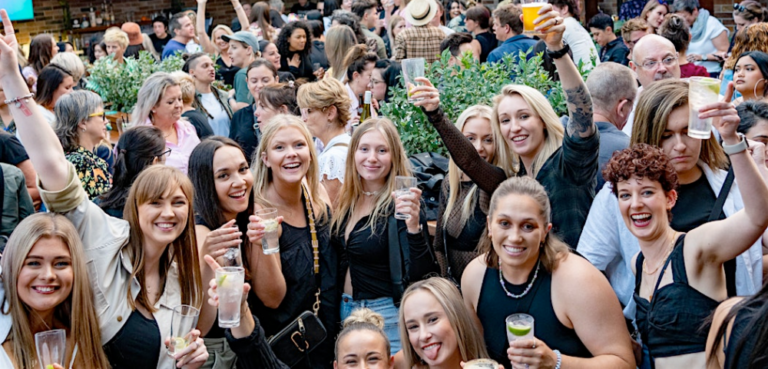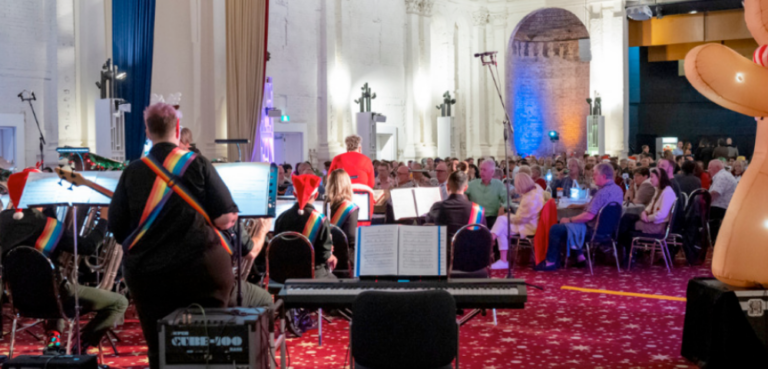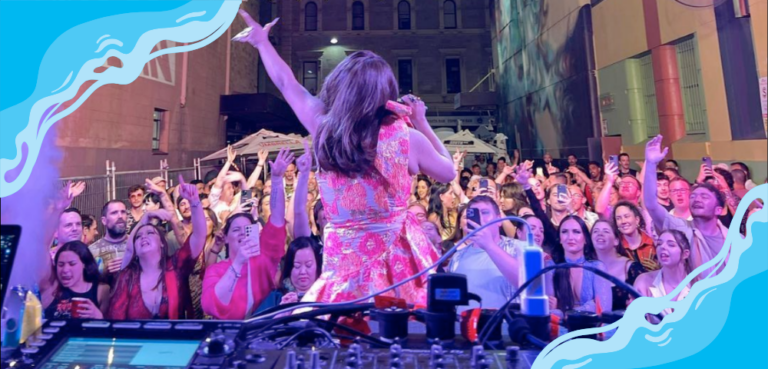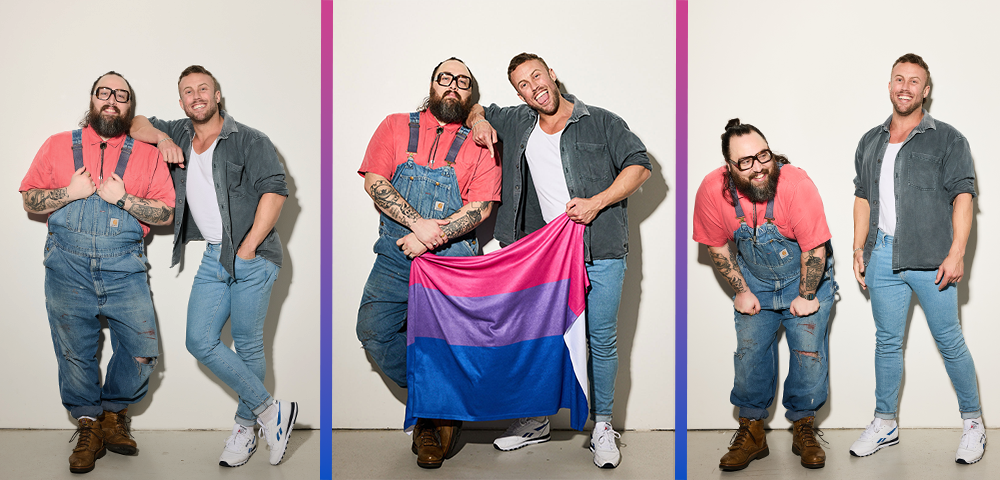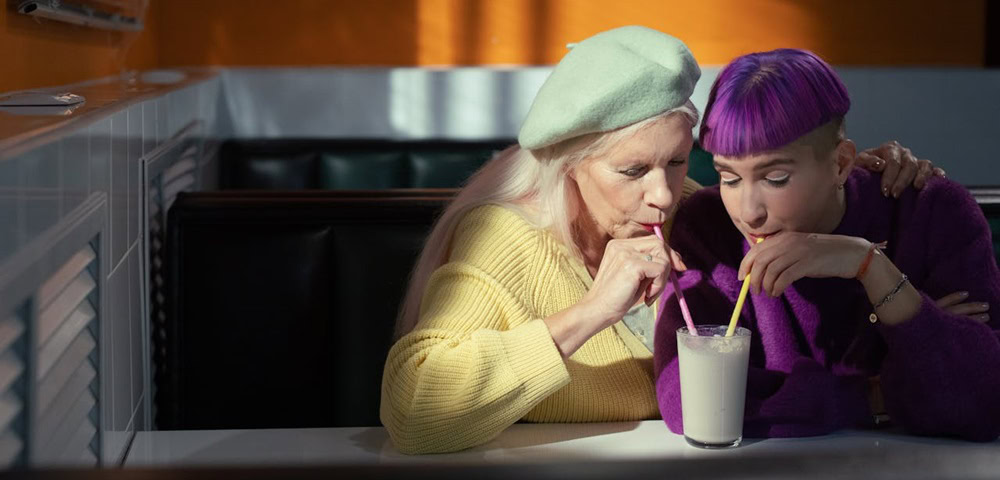
On Tuesday, June 29 I attended the Sydney IQ2 debate on same-sex marriage.
Professor Nick Tonti-Filippini spoke about the precious nature of the “biological” bonds between a man and woman which created children. In so doing, he managed to denigrate all those familial contexts in which biological parenting is not so evident — adoption, fostering, single parent, deceased parents, couples who do not have children at all, and finally, of course, same-sex marriage.
I was shocked to note the freedom he felt to extrapolate his argument to the point of comparing same-sex parenting to the Stolen Generation. How was this man able to stand to his view despite obvious discrepancies of reason? God, the Parliament, and the institutions of academia seemed to hover in tacit support for his position. This is reality: there are people who occupy particular roles in our society, which endows them with such power, that they feel a degree of entitlement which allows them to say “just about anything” with authority.
Professor Annamarie Jagose is a “Queer Theory” researcher who suggested that the institution of marriage itself was not proving to be such a good thing — and secondly that it privileged those choosing a bond between two people, when many in our society make very different choices. The pursuit of same-sex marriage would inevitably strengthen the place of “marriage” in society, moving those outside that construct further into the margins.
Her case was well presented, interesting, and important. However, it seemed to overlook the real concerns and prejudices which continue to prevail in our society in relation to aspects of same-sex relationships. We’ve come a long way, but it would seem that from the halls of academia, it is easy to overlook the reality of the “less than” position which gay culture finds itself in.
There are too many stories, real experiences from the gay community, of parents’ refusing to accept their gay children’s partners, and include them in family events. It still seems to be a major breakthrough when a gay couple visiting their families are offered a double bed.
In support of her argument, I also note that channelling our activist energies into the same-sex debate moves our attention entirely from the many challenges of a single person within LGBT culture.
When I was in the States last year, I was reminded that Massachusetts has had legal gay marriages since 2004 and it has been legal in the Netherlands since 2001. One of my most powerful realisations came in a very subtle way. A man stood up and spoke nonchalantly about his husband of eight years. The most important component of my experience was the atmosphere in the room.
When gay men talk about marriage in Australia, they seem to have to override a certain “tittering” — a voice that cannot take it seriously. It may not be verbally stated, but it is felt. It’s an atmosphere thing, and I only got to realise it when I experienced its absence.
The difference was that I was with a community of people who had known gay marriage as a socially recognised union for eight years. And this man had experienced being in a legally acknowledged relationship for eight years.
The big realisation was that the legalisation of gay marriage in Massachusetts also outlawed so many attitudes and inferences which may fall way below the radar of “hate crimes”, but add to the prejudicial field of influence which makes gay people feel “less than”.
We’ve certainly come a long way, but we have a long way to go. Keep up the good work.
By KIM GOTLIEB, [email protected]
